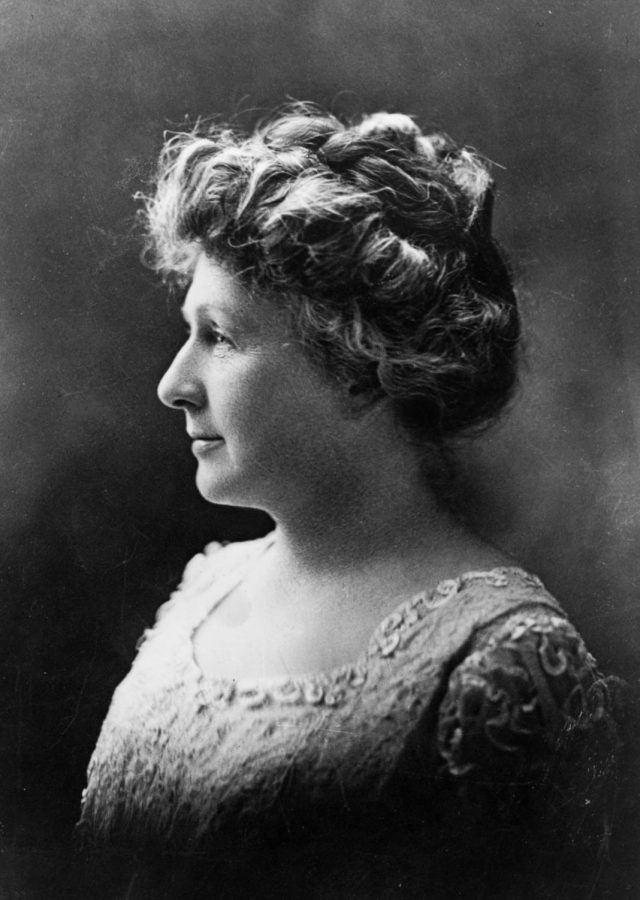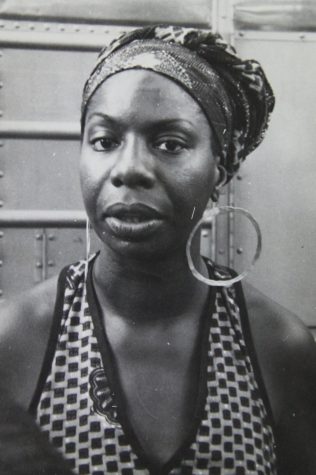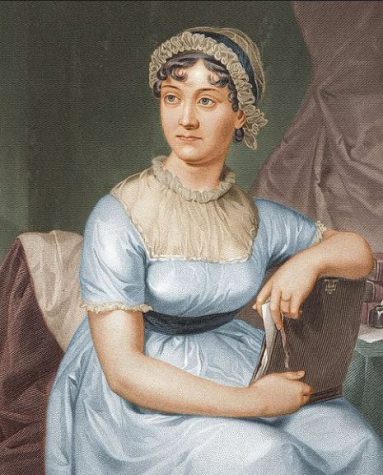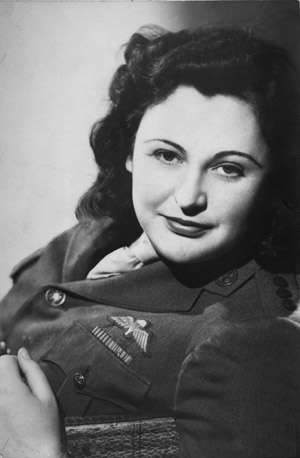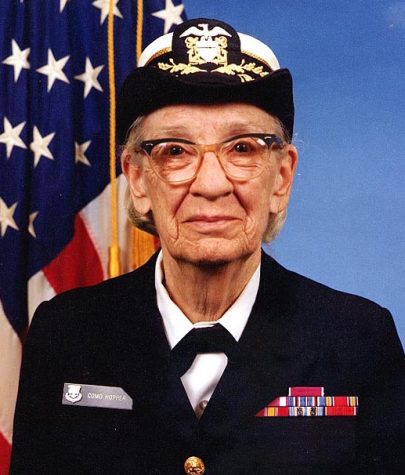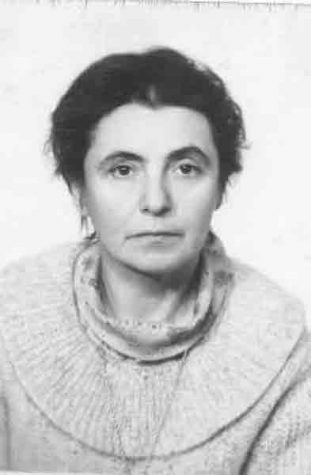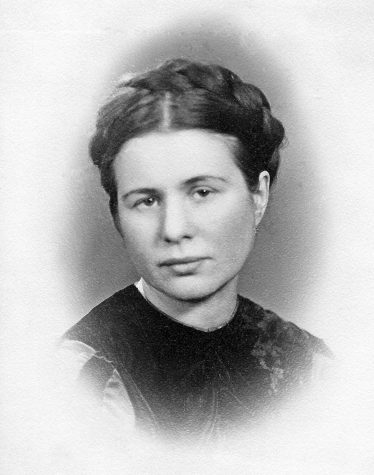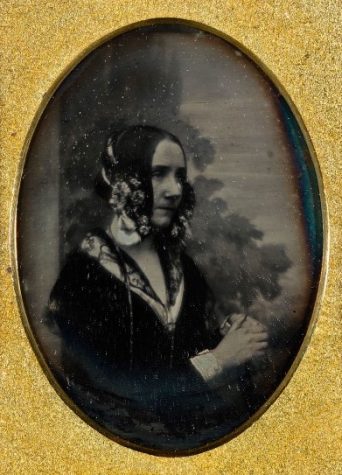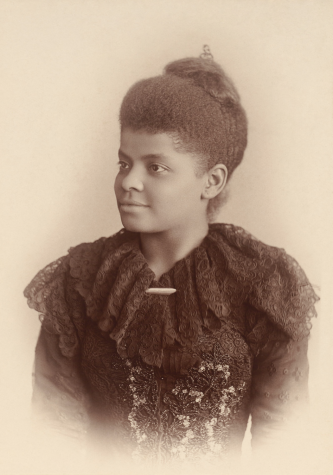Annie Jump Cannon
By New York World-Telegram and the Sun Newspaper [Public domain], via Wikimedia Commons
TWINKLE, TWINKLE. Cannon also received the Henry Draper Medal of the National Academy of Sciences, and was the first women to receive the honorary doctorate from Oxford University and went on to become an officer in the American Astronomical Society. She established the Annie Jump Cannon Award for women studying astronomy. After joining the Harvard Faculty she was given the William Cranch Bond Professor of Astronomy award.
Annie Jump Cannon has contributed immensely to the astronomical field of studies. She was born Dec. 11, 1863 to the Delaware state senator Wilson Cannon and Mary Jump.
In 1895, Cannon went to work at Harvard Observatory to help catalog stars under Edward C. Pickering. Cannon later created her own scheme of cataloging stars and simplified Pickering’s. It was later discovered that Cannon’s scheme organized stars by their temperature, and was used universally.
Her work covering over hundreds of thousands of stars was published in the “Henry Draper Catalogue” and the “Henry Draper Extension.” Cannon’s contribution propelled the complexity and understanding of astronomy as more than observation but a field of theory and philosophy.

